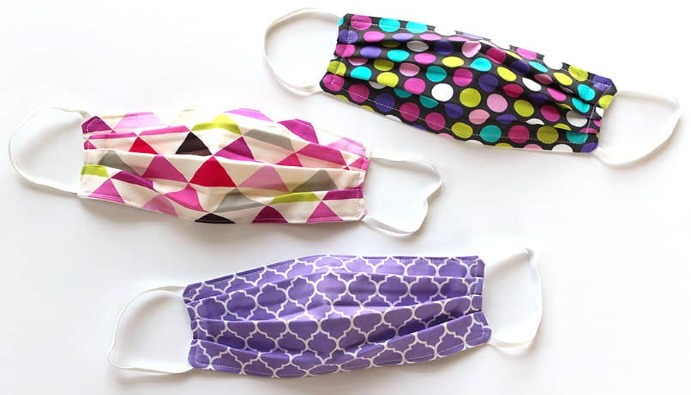
BLOG
KATEGORİDEKİ DİĞER YAZILAR

The mandatory use of masks has caused people to turn to different options. Recently, the use of cloth masks has increased as well as the use of medical masks. As the use of masks in different patterns and colors has increased, it has started to be questioned how protective cloth masks are.
Cloth masks are common personal protective equipment used especially to prevent the spread of pandemics and respiratory diseases. Cloth mask testing is a vital process to assess whether these masks are adequate in terms of protection, breathability and safety.
Experts report that cloth masks can reduce the likelihood of droplet transmission of the virus in situations such as sneezing, coughing and talking in daily use, but depending on the structure of the fabric, it cannot prevent the virus from being taken from outside.
In addition to the virucidal inhibitory properties of cloth masks, some tests and analyzes are carried out due to prolonged contact with the skin.
These tests are especially important to ensure that the chemicals contained in cloth masks do not cause various allergenic effects on the skin. Apart from allergenic effects, it should not contain substances with known carcinogenic effects such as aromatic amines and parabens.
Nanolab Laboratories Group continues to provide services within the scope of Cloth Mask Testing. We also provide services in Medical Product Testing.
Contact us for more information.
You can follow us on LinkedIn for up-to-date news and posts about our services.
Follow our Instagram account to be informed about our latest blog posts.